26 October, 2015
Natural Alternatives to Hormonal Birth Control

A couple of weeks ago I did a post about 5 Things I Wish I Knew Before Going on Birth Control. I was so happy to get such great responses from women that had similar experiences. I was not happy, however, that there are so many women out there that have had negative experiences from being on the pill. This is a huge problem that is rarely discussed with women when considering going on the pill. I am hear to tell you that you have other options that are natural alternatives to hormonal birth control.
Taking Charge of Your Fertility
A year ago when I was looking into other options I could not find many and my doctor was not very supportive of more natural methods. I started by reading Taking Charge of Your Fertility. I highly recommend this book to every women. Even if you do decide that birth control pills are right for you this book is a great resource. This guide is very informative about how a women’s cycle works and helps teach every women about their fertility. The more we know about our bodies the more empowered we can be to tell when something is off.
I absolutely loved what I learned about my body after reading this book. At first many people are hesitant of natural methods (popping a pill is much easier) because it does take some effort and practice. The Fertility Awareness Method involves taking your basal body temperature and cervical mucous as your guide. When used correctly this method can be just as effective as the pill (which was great news for me).
Essentially the method involves using a basal thermometer (must be basal because the temperature is sensitive enough to track small changes in body temperature). After at least 4 hours of sleep, every morning you would take your temperature immediately after waking up and before getting out of bed. You would then use a chart to track your temperature and use the changes to determine when you are ovulating. There are a few apps available that you can use to document your temperature and symptoms which may be helpful for those intimidated by tracking everything on their own.
If this method seems to daunting for you (I know I felt that way) there is an awesome tool that is available called LadyComp. It is a bit of an investment but if you think about how much you will save on medication and potential health complications it is money well spent. I see myself using it for years to come to better know my body and keep my hormone balance in check. It can even be beneficial when you are ready to conceive.
How the Lady Comp Works
The LadyComp works with an attached thermometer. You can set an alarm on it so that you wake up at the same time every morning to take your temp (which is the most accurate way to do it). You can set a quiet alarm so that I don’t wake your sleeping partner, which is a nice feature. The machine will beep after your temperature has been recorded and the LadyComp will do all of the work for you. There are 3 lights on the machine; red, yellow, and green. Red means that you are at risk for pregnancy, yellow light means you are approaching ovulation, and the green light means you have no risk for pregnancy. The more you use the LadyComp the better the machine will learn your cycle and the more green light days you will experience.
This machine is really perfect for those that are intimidated and frustrated by the Fertility Awareness Method and are not able to give learning this method the attention that it deserves to learn properly.
**Another option I learned about recently is the Daysy fertility monitor. It looks like it works similarly to the Lady Comp but at a more cost effective price. I also have been loving the TempDrop tracker. It is an armband that you wear overnight and will send your morning temperature to an app on your phone. Click HERE to save 10% on a TempDrop devise.
Other Options
A few other options that don’t involve taking artificial hormones are available if you want to consider all of your options. Male and female condoms which are simple to use, inexpensive, and don’t present a health risk. These are the best barrier method options when used without spermicide.
If you are looking for another non hormonal method that doesn’t involve much thought or effort as the other methods available, then a Copper Intrauterine Device (IUD) may be an option. The copper IUD is a device inserted into the uterus and prevents pregnancy thru copper ions that impair sperm motility. The presence of an object in the uterus also prevents embryo implantation. I encourage you talk to your doctor about possible zinc deficiency and other possible risks with such a devise such as inflammation. If you are already suffering from an inflammatory condition you may want to think twice about this option.
**Note: I no longer recommend the copper IUD because it can lead to copper toxicity and estrogen dominance. I have seen this in practice all too often. Copper is closely related to estrogen metabolism. Copper IUD’s can lead to copper toxicity even if you try to carefully supplement with thing like zinc. Copper and estrogen tend to feed one another. High copper in the body can cause a variety of symptoms including depression, anxiety, panic disorders, PMS, PMDD, anemia, yeast overgrowth, migraines, and the list goes on.
At the end of the day you must to what is right for you and your body. I would love to know more about your experiences and what questions you may have regarding this topic.



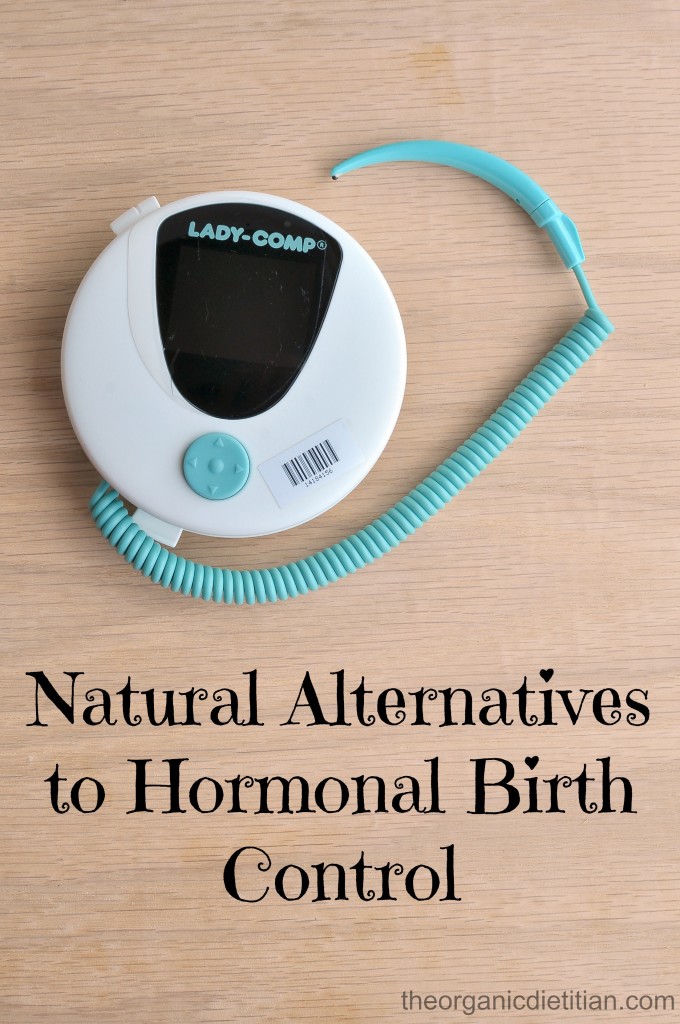
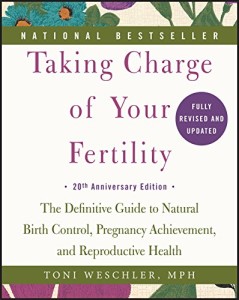
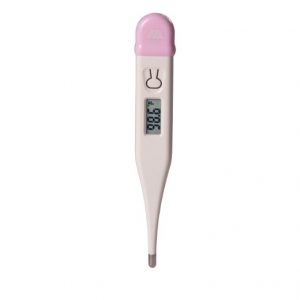

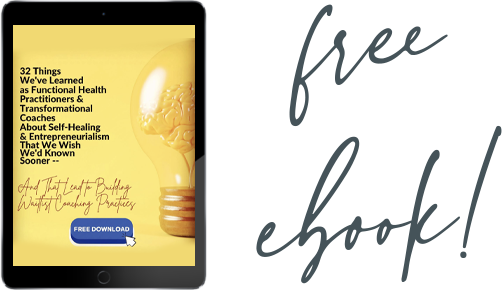

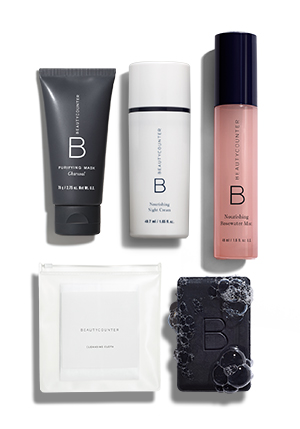



Loved this article! Great work speaking up about what most women believe to be “normal” and questioning what the “good doctor” deems as healthy and helpful. We must take our health and our hormones into our own hands and go with nature whenever possible! Good job! God speed.
Thanks!
This is very interesting. I was definitely intrigued by your first article, as I have been on BC for PCOS for upwards of 10 years. Does the research say anything about staying on BC for that condition? I’m curious if you’ve come across anything! Otherwise, IUD here I come
I am so glad that this post got you thinking. I definitely would suggest getting to the root cause of your PCOS and making needed changes in diet and lifestyle now before going off the pill. It is likely that the condition will not go away on its own and going off the pill and ignoring what is causing PCOS may set you up for worsening condition. As a dietitian I enjoy working with clients and looking at their diet and lifestyle to help them with these types of conditions. You can check out my services for more information if you wish. https://theorganicdietitian.com/nutrition-consulting-services/
I’m an RD too! Haha I’m so glad you are spreading awareness about this 🙂
I wish this was something they taught us in school.